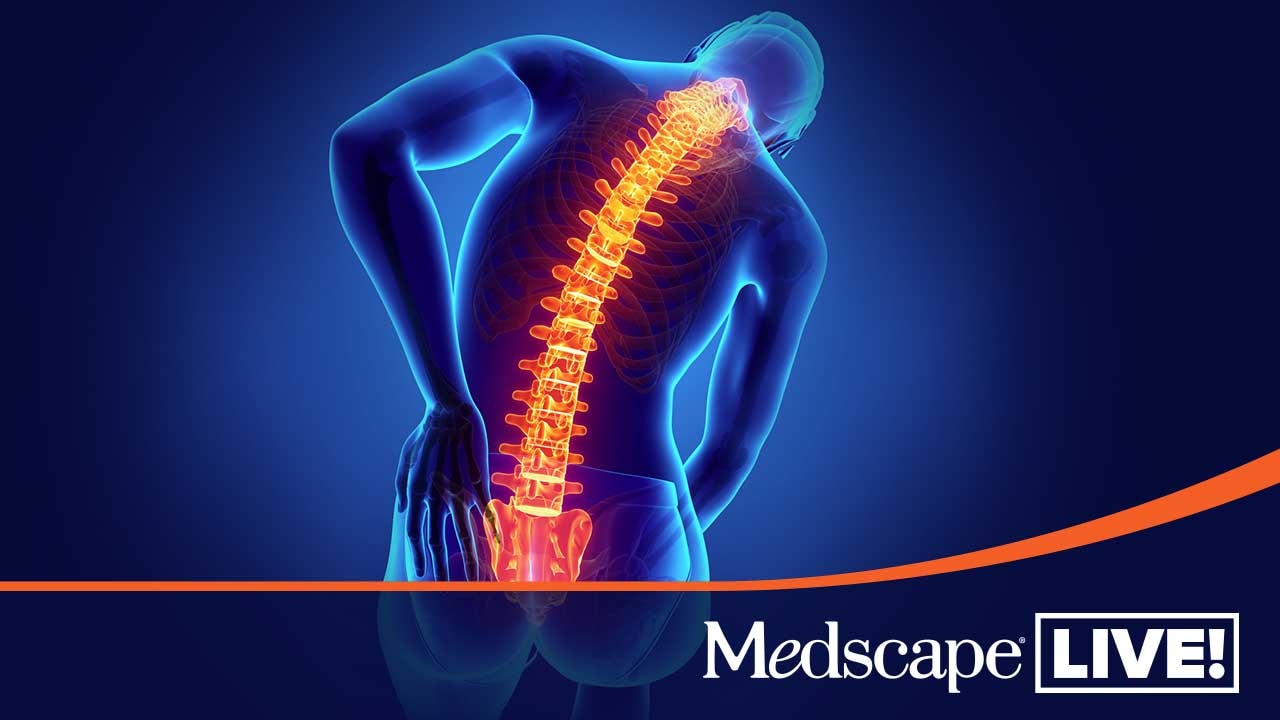Abstract and Introduction
Abstract
Study Design: Qualitative interview study.
Objective: The aim was to develop a conceptual model for Spine Surgery Recovery in order to better understand why patients undergo lumbar spine surgery and what factors influence patient satisfaction.
Summary of Background Data: Quantitative studies have assessed patients' expectations for lumbar spine surgery outcomes, with greater expectation fulfillment leading to higher satisfaction. However, there is limited literature using qualitative methods to understand the patient perspective from the decision to undergo lumbar spine surgery through long-term recovery.
Materials and Methods: Semistructured phone interviews were conducted with 20 participants (nine females, mean age ±SD = 61.2 ± 11.1 yr) and three focus groups with 12 participants (nine females, mean age ±SD = 62.0 ± 10.9 yr). Sessions were audio recorded and transcribed. Two independent researchers coded the transcripts using a hierarchical coding system. Major themes were identified and a conceptual model was developed.
Results: A total of 1355 coded quotes were analyzed. The decision to have lumbar spine surgery was influenced by chronic pain impact on daily function, pain coping, and patient expectations. Results demonstrated that fulfilled expectations and setting realistic expectations are key factors for patient satisfaction after surgery, while less known constructs of accepting limitations, adjusting expectations, and optimism were found by many patients to be essential for a successful recovery. Emotional factors of fear, anxiety, and depression were important aspects of presurgical and postsurgical experiences.
Conclusion: Our Spine Surgery Recovery conceptual model provides guidance for future research and clinical practice to optimize treatment and improve overall patient satisfaction. Recommendations based on this model include the assessment of patient expectations and mental well-being throughout postoperative recovery as well as preoperatively to help set realistic expectations and improve satisfaction. Educational, acceptance-based or positive psychological interventions may be potentially beneficial for addressing key factors identified in this model.
Introduction
Chronic low back and radicular leg pain and associated functional limitations are common symptoms of degenerative lumbar spine conditions.[1,2] Patients who do not experience meaningful symptom relief through conservative measures are often left with no option but to consider surgery.[3,4,5] Many patients achieve immediate and lasting pain relief after spine surgery;[6,7] however, a substantial number continue to experience persistent symptoms that impair functioning.[6,8,9,10] How patients cope with postsurgical pain and physical limitations may influence postoperative outcomes.
Understanding patient experiences of lumbar spine surgery from the decision to have surgery through postoperative recovery is essential for optimizing treatment and improving outcomes. Several survey studies have described the patient's decision-making process for lumbar spine surgery.[11,12,13,14] Bono et al[11] concluded that pain intensity is the most influential factor in a patient's decision to undergo lumbar fusion, while other studies found that walking tolerance/capacity and pain severity and duration were of greatest importance to patients.[12,14] In contrast, Roszell et al[13] reported that general health and quality of life were more important than pain severity or physical disability in predicting who elected to undergo spine surgery.
Patients develop preoperative expectations of treatment success and the influence of patient expectations on postoperative satisfaction has been demonstrated in a number of orthopedic populations.[15,16,17] Patients with realistic preoperative expectations (i.e. less discrepancy between expectations and actual reported outcomes) have a greater chance for satisfaction with surgical results.[14,15,17,18,19]
There is limited literature using qualitative methods for an in-depth perspective of patients' experiences from the decision to undergo lumbar spine surgery through long-term recovery. Prior qualitative studies have focused on the immediate and short-term postoperative period. Therefore, the primary purpose of this qualitative study was to develop a conceptual model for Spine Surgery Recovery in order to better understand why patients undergo spine surgery and what factors influence patient satisfaction. A better understanding of patient expectations and postsurgical experiences has the potential to improve shared decision making and to identify new areas of research leading to improved patient satisfaction after lumbar spine surgery.
Spine. 2023;48(14):E235-E244. © 2023 Lippincott Williams & Wilkins











